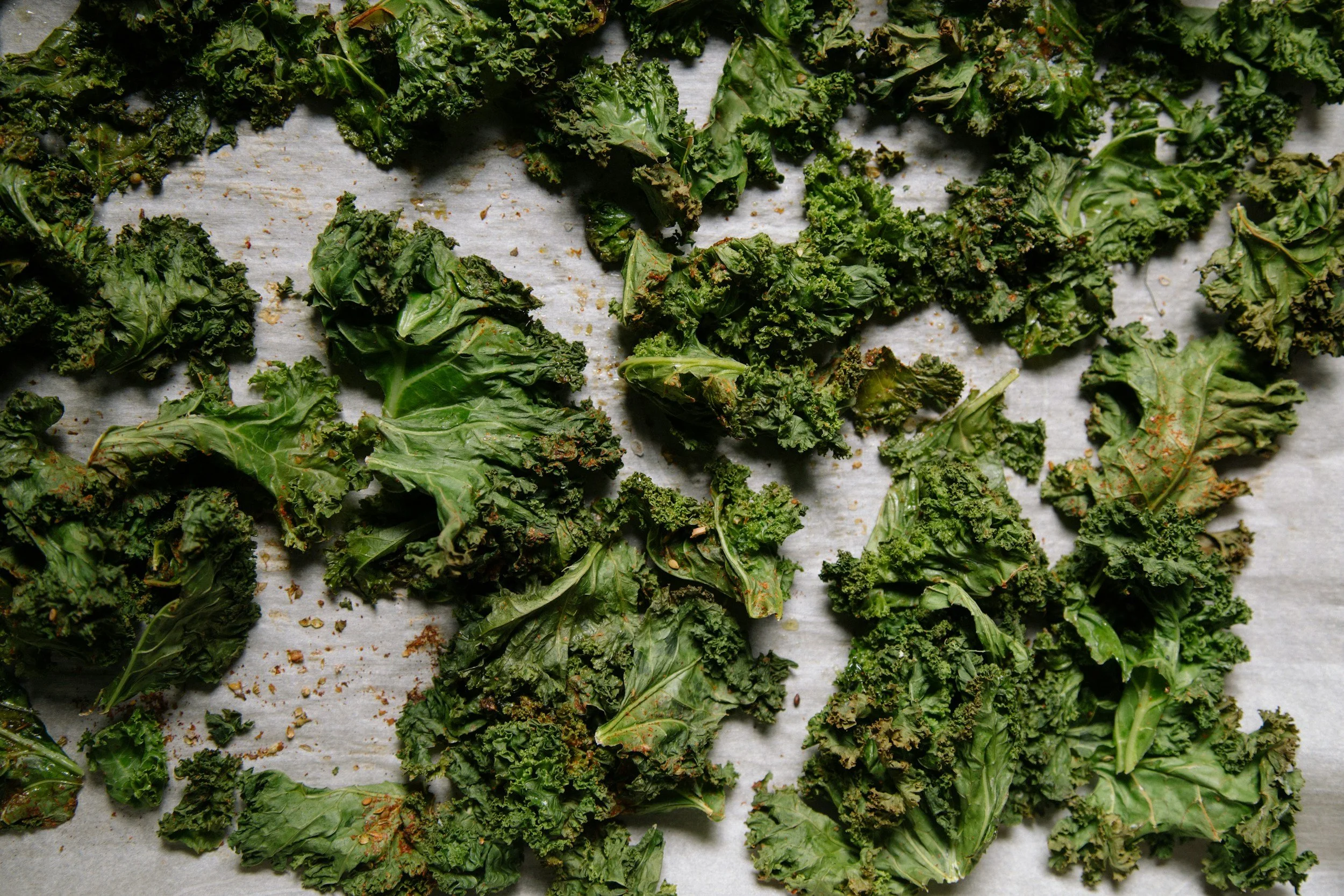Smart Snacks for Better Sleep
When evening hunger sets in, carefully chosen snacks can help the mind and the body prepare for rest. These options are supported by research for their potential to promote relaxation, steady energy through the night, and healthy sleep patterns.
Bananas: Magnesium and Potassium for Relaxation
Bananas provide potassium and magnesium, minerals that help muscles relax. They also offer gentle, natural sweetness and fiber, making them a satisfying bedtime choice. If you crave a crunchy snack, try dehydrated bananas.
Kiwi: Antioxidants and Serotonin for Sleep Quality
Kiwi contains serotonin, which supports the sleep-wake cycle, and antioxidants that may enhance overall sleep quality. Some studies suggest it can help shorten the time it takes to fall asleep.
Oatmeal: Steady Blood Sugar for Overnight Calm
The complex carbohydrates and soluble fiber in oats promote stable blood sugar, which can reduce nighttime awakenings and support sustained rest.
Warm Milk or Herbal Tea: Naturally Calming
Warm milk contains tryptophan, a precursor to serotonin and melatonin, which may support relaxation. Herbal teas such as chamomile, lavender, or lemon balm are not snacks in the traditional sense, but they can still be part of a soothing bedtime routine, offering warmth and comfort that signal the body it is time to rest.
Almonds: Magnesium and Healthy Fats for Overnight Support
Almonds are a source of magnesium, healthy fats, and protein, which together can support muscle relaxation and steady energy release through the night.
Tart Cherries: Natural Melatonin
Tart cherries and their juice naturally contain melatonin, a hormone that helps regulate sleep timing and duration.
Fatty Fish: Vitamin D and Omega-3s for Rest
Salmon, tuna, and mackerel provide nutrients that support brain health and may improve sleep quality.
Nuts and Seeds: Nutrient-Rich Sleep Support
Walnuts, pistachios, pumpkin seeds, and sunflower seeds offer magnesium, tryptophan, and healthy fats to help the body unwind.
Leafy Greens: Magnesium for a Relaxed Body
Spinach, kale, and other dark greens supply magnesium, which can aid the body’s natural relaxation processes before bed. You’re probably not going to eat them raw at night, but roasting them into crispy kale chips can turn them into a surprisingly satisfying evening snack.
Crispy kale chips make a light, magnesium-rich snack to enjoy in the evening.
Choices That May Interfere with Rest
Some evening choices are less likely to support a smooth transition to sleep:
Caffeine – Even small amounts later in the day can make it harder to reach deeper stages of sleep.
Alcohol – Sometimes brings on drowsiness but can lead to lighter, more fragmented rest.
Spicy Foods – May cause heartburn or raise body temperature, both of which can make settling into sleep more difficult.
High-Sugar Snacks – Can cause rapid changes in blood sugar that often interrupt sleep cycles.
Large or Heavy Meals – Take longer to digest and can leave the body working rather than resting.
Timing Matters
Ideally, finish the last snack one to two hours before bed. This gives the digestive system time to settle so the body can focus on rest rather than processing food.
The Role of Tyramine
Cheeses such as cheddar, parmesan, and blue cheese, cured meats like salami or prosciutto, and fermented products such as sauerkraut or kimchi contain tyramine, an amino acid that can increase alertness. While these can be part of a healthy diet, they are best enjoyed earlier in the day rather than close to bedtime.
A Balanced Approach
Evening eating can be one of life’s little pleasures. Choosing snacks that are easy on digestion, help the mind and body relax, and keep sugar levels steady through the night sets the stage for waking up rested and ready to go.


